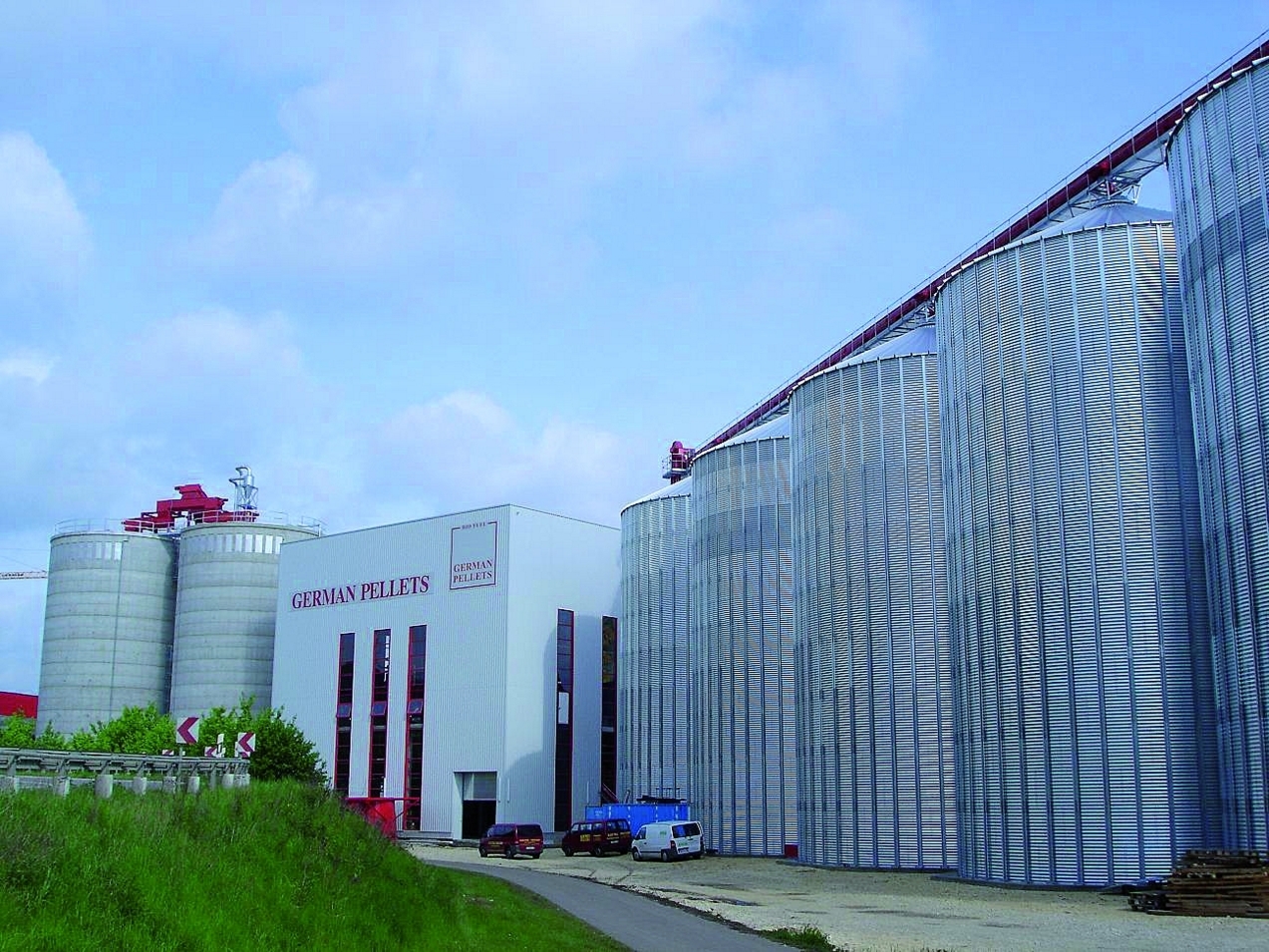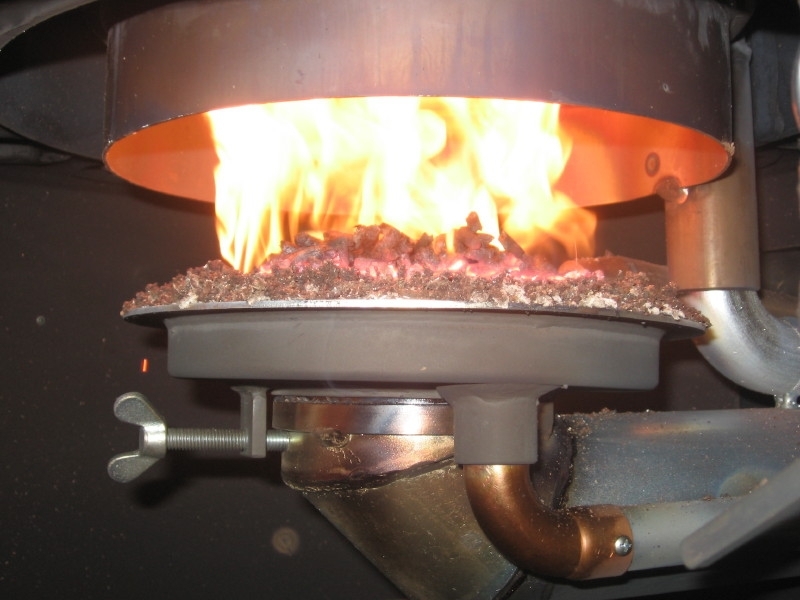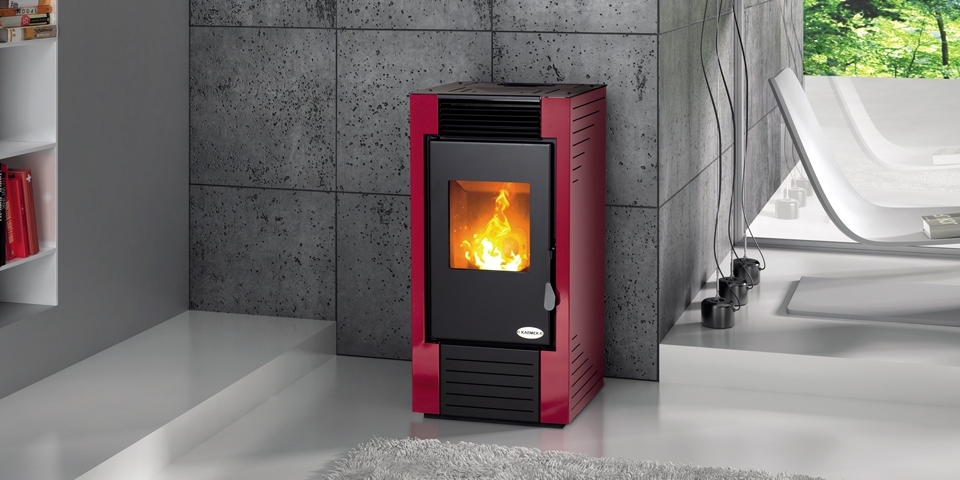Germany has experienced the evolution of the entire pellet industry of the country. In the 1990-s Germany started the development of the industry with pellet boilers which it bought from Austria. For the time being, Germany is one of the largest wood pellet producer and one of the biggest wood pellet consuming countries in the world. German Biomass Portal biomassa.de follows the way Germany has gone through and considers the main strategies which helped Germany to become wood pellet giant.
The issue of the environmental protection has become very pressing problem in Europe and in Germany as well. The support of the movement for recycling began in the 1980s and faced significant intensification in 2011 when the accident at Fukushima Atomic Power Station in Japan took place.

According to the analysts' report, Germans are eager to provide pellet fuel transition because the most of population (80%) considers the usage and the development of the renewable energy including wood pellet energy to be very important.
The steady increase of pellet market demand is supported by the annual growth rates of pellet heating systems. The German authorities implement various legislations which promote an increased consumption of pellet fuel for heating purposes. The German Market Incentive Program (MAP) provides subsidies to the house owners who are eager to install renewable heat applications and pellet boilers as well. Renewable energy is also to be used in newly built houses.
It is clear that the wood pellet boiler market and with it, high quality wood pellet market are going to experience a significant increase. In order to find the appropriate way to meet the demand, the wood pellet industry has the following targets. The feedstock basis has to be extended taking into consideration the sustainability criteria. Storage capacities also require further development and the wood pellet consumers should become aware of purchasing the fuel in summer month advantages. This is vital for avoiding the shortages of the supplies during winters. This is also necessary for wood pellet producers, who want to introduce wood pellets of high quality for the domestic heating market the whole year.
The production of wood pellets in Germany started in 1996. And in 1997 the installed production capacity was 6,500 tons per year. The installed capacities faced a gradual rise, from 2000 till 2001 the amount of produced pellets doubled and from 2001 till 2003 almost tripled. According to The German Biomass Information Centre, there were only 7 wood pellet production plants in 2000. In 2002 this number increased up to 24 wood pellet production plants. But the full potential of installed production capacity was not used.

Germany is currently the biggest wood pellet manufacturing country. According to the wood pellet market rates of 2012, Germany produces 2 million tonnes per year. 1.4 million tonnes of consumed pellets are mostly used by the households as Germany is predominantly engaged in premium wood pellet production. In addition, more and more small and medium-scale enterprises are using pellet fuel in Germany. 80% of produced pellets in Germany are manufactured in accordance with ENplus certification standards. ENplus certification system sets high quality requirements as well as sustainability criteria for the product.
As far as pellet production is concerned, 50 producers of wood pellets were registered in 2008, although there are obviously a lot of less significant producers who are not registered at the moment. According to estimates, the amount of wood pellet producers might be near 70 now.
It should also be mentioned that in 2008 the total capacity of pellet production in Germany was about 2.4 million tons per year and nearly 1.46 million tons were actually produced, which resulted in the rate of utilization being about 60 per cent.
As far as pellet logistics is concerned, in 2008 about 220, 000 tons of wood pellets were sold to the costumers by 79 traders and retail sellers. Of this amount, around 87 per cent were delivered without any difficulties. It should also be mentioned that up to the moment pellet stoves are less used and installed in Germany than e.g. pellet boilers, which comprise the larger part of all pellet applications installed.
Most of the wood pellets which are sold are delivered to the customers via local and regional trader and retailer networks. Besides, many producers of wood pellets also offer the option of direct producer-to-customer delivery. All of these trades are mainly dealt with on a regional level, with the exception of particular large-scale producers of pellets as well as large-scale traders and networks, which operate on a national level.
First of all, the main criterion which provides sustainable pellet production in the country is The Bundeswaldgesetz (BWaldG - Federal law for forests). The law sets sustainability requirements as a major principle for all forests in Germany. All foresters in the country are obliged to log as many trees as grow back. The abovementioned law is often considered an example for other countries. The law provides sustainability along with ecological and economical requirements.

In spite of the fact that there has been an increased wood pellet demand recently, forests in Germany are far from being overexploited. Furthermore, in order to provide stable pellet production in the future, it is enough to have the supply of sawdust. However, pellet producers are already looking for alternative options as far as raw material is concerned.
Pellet consumption in Germany has not lived up to market experts` expectations due to the mild weather conditions in 2015. In 2014, 1.8 million tonnes were consumed in the country. This rate has not experienced a significant growth in 2015, when only 1.85 million tonnes were consumed. This slight increase was possible due to new pellet installations in the country. The 100 thousand tonnes production decrease in 2015 was caused by the warmest year since the beginning of pellet production. However, Germany remains one of the biggest pellet manufacturers after the USA and Canada.
This material is protected by copyright.
Any copying and distributing without active hyperlink is strictly prohibited!